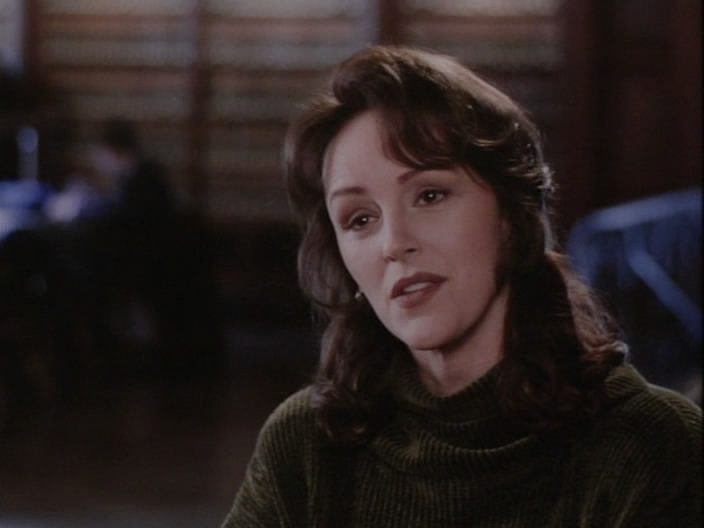

He also directs the Abrams Institute for Freedom of Expression, and the Knight Law and Media Program at Yale. He is the founder and director of Yale’s Information Society Project, an interdisciplinary center that studies law and new information technologies. Balkin is Knight Professor of Constitutional Law and the First Amendment at Yale Law School. A graduate of Yale Law School, she clerked for Justice Ruth Bader Ginsburg of the U.S. Andrias previously served as special assistant and associate counsel to President Obama, and as chief of staff of the White House Counsel’s Office. Hart Wright Award for Excellence in Teaching. In 2016, Andrias was the recipient of Michigan Law School’s L.

Her work has been published in numerous books and journals, including the Harvard Law Review, the NYU Law Review, the Supreme Court Review, and the Yale Law Journal. She teaches and writes about constitutional law, labor and employment law, and administrative law, with a focus on problems of economic and political inequality. Kate Andrias is a Professor of Law at the University of Michigan. She is a two-time recipient of Cardozo’s Faculty Inspire Award. from Harvard Law School, where she was the first Charles Hamilton Houston Scholar. from City University of New York Law School, and an LL.M. Francis IV in the Southern District of New York. Previously, she was a Law Professor at Seton Hall Law School, practiced law at the Legal Aid Society, and served as a Law Clerk for Magistrate Judge James C. She is the author of The Containment: Detroit, The Supreme Court, and the Battle for Racial Justice in the North, forthcoming in 2022 from Farrar, Straus and Giroux. She recently appeared in “Amend: The Fight for America,” a 2021 Netflix documentary about the 14th Amendment. Adams has published in the Yale Law Journal, the California Law Review, and the Texas Law Review. At Cardozo, she is a Director of the Floersheimer Center for Constitutional Democracy and was a Board Member of the Innocence Project. Cardozo School of Law, where she teaches Constitutional Law, Federal Courts, and Federal Civil Rights. Michelle Adams is a Professor of Law at Benjamin N. The two co-chairs of this Commission are Bob Bauer, Professor of Practice and Distinguished Scholar in Residence at New York University School of Law and a former White House Counsel, as well as Yale Law School Professor Cristina Rodriguez, former Deputy Assistant Attorney General in the Office of Legal Counsel at the U.S. This action is part of the Administration’s commitment to closely study measures to improve the federal judiciary, including those that would expand access the court system. The Executive Order directs that the Commission complete its report within 180 days of its first public meeting.

To ensure that the Commission’s report is comprehensive and informed by a diverse spectrum of views, it will hold public meetings to hear the views of other experts, and groups and interested individuals with varied perspectives on the issues it will be examining. The topics it will examine include the genesis of the reform debate the Court’s role in the Constitutional system the length of service and turnover of justices on the Court the membership and size of the Court and the Court’s case selection, rules, and practices. The Commission’s purpose is to provide an analysis of the principal arguments in the contemporary public debate for and against Supreme Court reform, including an appraisal of the merits and legality of particular reform proposals. The expertise represented on the Commission includes constitutional law, history and political science. In addition to legal and other scholars, the Commissioners includes former federal judges and practitioners who have appeared before the Court, as well as advocates for the reform of democratic institutions and of the administration of justice. President Biden will today issue an executive order forming the Presidential Commission on the Supreme Court of the United States, comprised of a bipartisan group of experts on the Court and the Court reform debate.


 0 kommentar(er)
0 kommentar(er)
